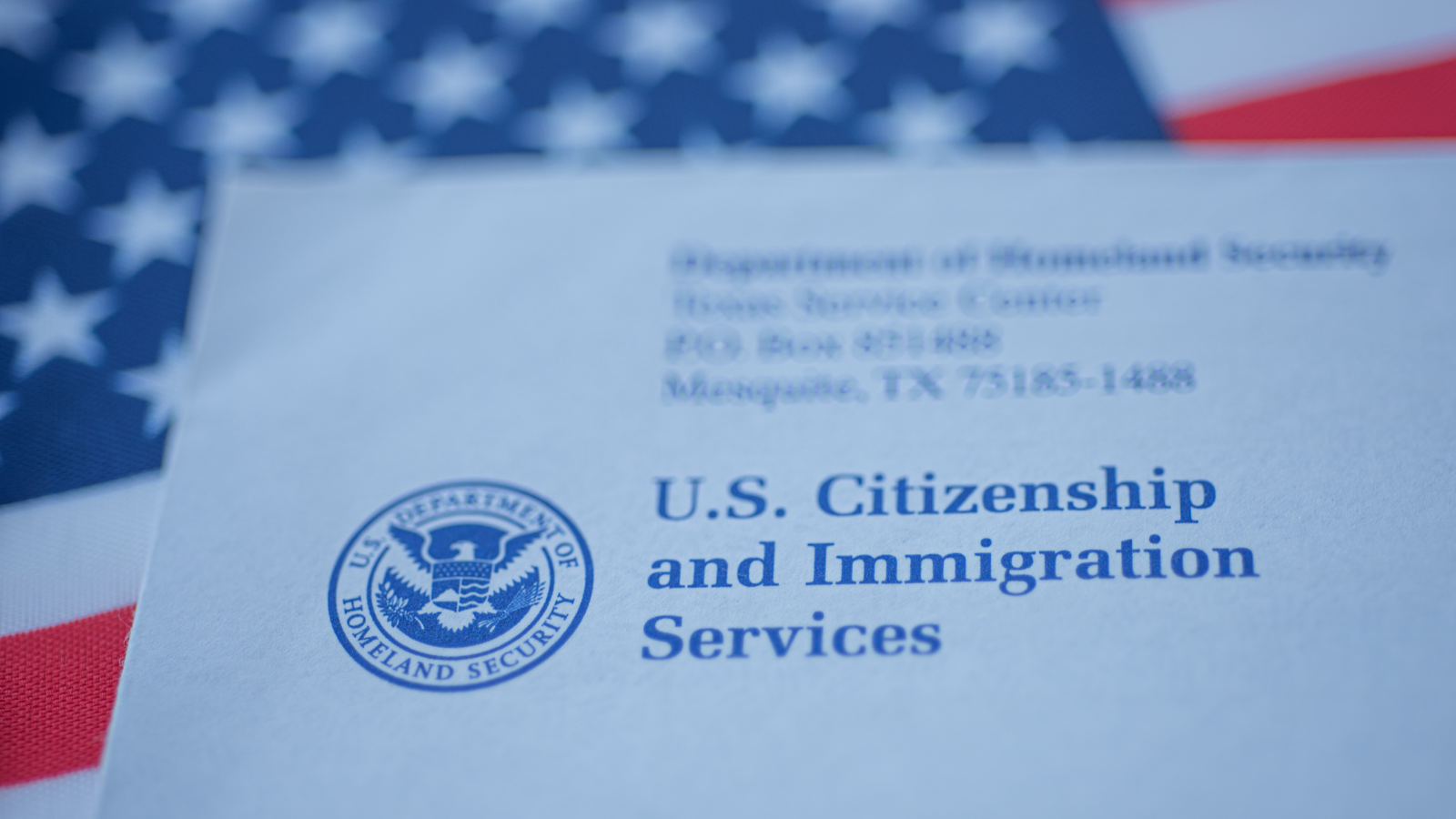
When I first started practicing immigration law, U visa cases were one of the first kinds of cases I handled. I still handle a lot of these types of cases now. U visas (aka U nonimmigrant status) are for victims of certain types of crimes who have been affected physically and emotionally, they reported the crime to law enforcement, and they were helpful to the investigation/prosecution of the crime. One of the most common ones I see is domestic violence crimes. Congress created this visa in the year 2000 as part of legislation focused on strengthening the investigation of certain crimes to encourage people to report crimes regardless of their immigration status.
Eligibility Requirements
Not every victim of a crime can obtain a U visa. You must meet the following requirements:
More on Supplement B and evidence of helpfulness
It is not enough to merely say you were or will be helpful in your U visa application. You need to provide evidence that you will, or have been, helpful. One key requirement is to have the appropriate law enforcement agency sign what’s called the U visa certification. Without this, you cannot file for a U visa. An important thing to know about these certifications is that they are good for only 6 months from the date it is signed and dated by the law enforcement official. This means that the U visa case must be received by USCIS before the certification expires. Also, the signing of the certifications is not a mandatory requirement for law enforcement officials, and each agency will handle these requests differently. Other evidence that will have to be submitted may include court documents, police reports, news articles, and trial transcripts. You may have been deposed or have been to court multiple times. You could include reimbursement forms for your travel costs or copies of your deposition, as this will show your level of involvement in the investigation and prosecution. You will also have to write an affidavit explaining what happened and how you have been affected by the crime.
Special requirements for minors, incapacitated, or incompetent victims
Those under 16 years old, or that are incapacitated or incompetent, may rely on a parent, guardian, or next friend to submit evidence regarding their suffering, the criminal activity involved, their helpfulness to the investigation, and evidence supporting all other requirements. Some additional evidence is required to establish the victim’s age, incapacity, or incompetence. Medical records, birth certificates, and court documents may provide useful evidence, depending on your circumstance.
Deriving status from a family member
A principal petitioner may petition for derivative U visas for eligible family members. Who those family members are depends on your age. If you are under 21, you can petition for a spouse, children, parents, and your unmarried siblings age 18 or younger. If you are over 21, you can only petition for your spouse and unmarried children under 21. Your family members cannot obtain a U visa until after your U visa petition is approved.
Application Process
Your application materials must include (1) Form I-918, Petition for U Nonimmigrant Status, (2) Form I-918, Supplement B, U Nonimmigrant Status Certification, (3) your description of the criminal activity, and (4) evidence supporting each eligibility requirement, and (4) the I-192 waiver if it is relevant to your situation.
As mentioned above, some of these materials will not be filled out by you and will require the assistance of others (see Supplement B). You may need to go to a court for evidence showing your involvement in the investigation or to contact the police department or government agency for relevant reports. Make sure to obtain as much information as you can prior to applying.
Once you submit your application, it can take over 4 years for processing. The reason for this is due to a large number of applications.
Limit on number of U visas
There is a limit on the number of U visas given out each year. Each year the government provides up to 10,000 U visas for principal petitioners. “Principal” means you are the main applicant, not a family member deriving status from another application (this process is briefly explained below). U visas are unlimited for those who derive U visa status from a principal petitioner family member. Eligible family members, who can benefit from a principal petition, include spouses and children. As with other limited visas, if the limit is reached in a given year, those who did not receive a visa are placed on a waiting list and receive a visa when more are available.
Upgrading to a Green Card
Once you have your U visa, you may apply for a green card down the road once you meet the following requirements, including standard requirements for admissibility:
Benefits of the U Visa
Of all the types of immigration benefits available, the U visa is one of the most unique ones. The reason is that if a person is approved, it will essentially waive almost all criminal and immigration violations from the person’s past. For example, if someone came in without documents or has had prior removal orders, he/she could still qualify for the U visa. In order to get immigration violations and most criminal violations waived, the person would have to prove to immigration why he/she deserves to stay in the U.S. Also, as stated above, it is a path to a green card.
I’ve had a lot of experience handling U visa cases and it is important to make sure you have all the required documentation, as with any immigration case. You can call my office to schedule a consultation with me if you think you could qualify for a U visa.









Obtaining a Green Card Under the Violence Against Women Act (VAWA) - Lawyer Linh says:
[…] able to get the I-918B signed by law enforcement, that person could apply for the U Visa. Click here to read my post about U […]